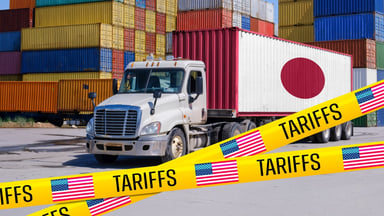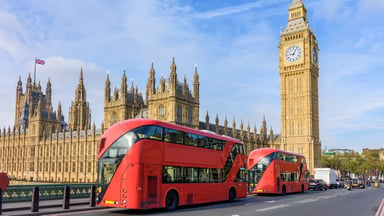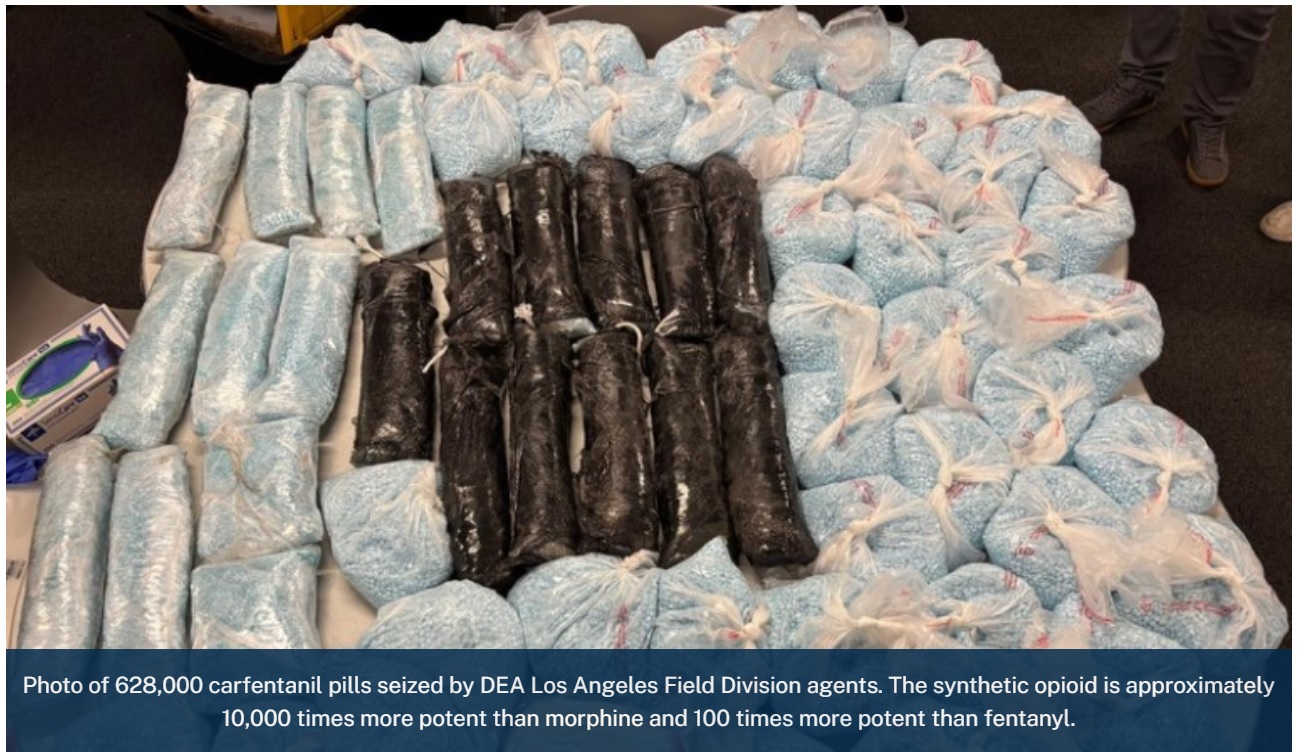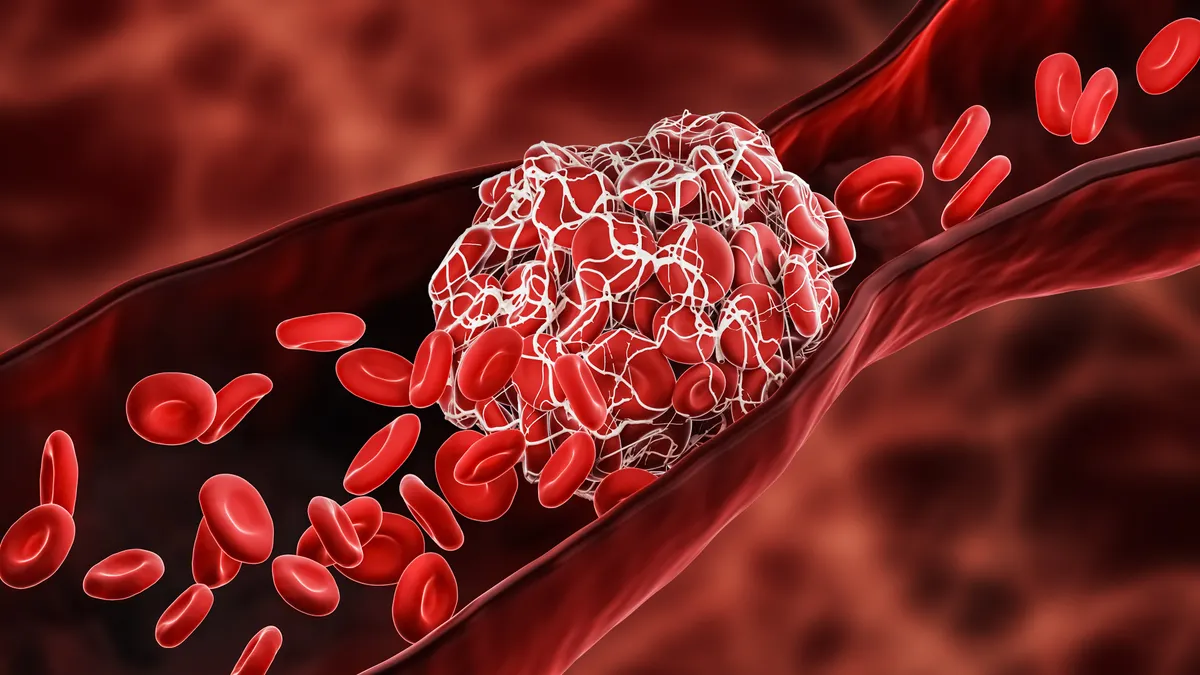Japan-made generic pharmaceuticals will be exempt from the 15% reciprocal tariff imposed on the country’s exports to the United States, as announced in a recent executive order by President Donald Trump. This exemption is a significant development for the pharmaceutical sector, particularly for companies engaged in the sourcing and distribution of generic medications.
The context of this decision lies in the ongoing trade tensions between the US and various countries, where tariffs have been a tool for negotiating trade balances. By exempting Japanese generics, the US government may be seeking to ensure a steady supply of affordable medications, which is crucial for maintaining competitive healthcare costs. This move could also signal a potential thaw in trade relations with Japan, particularly in the pharmaceutical sector.
The implications of this exemption are manifold. For B2B professionals in regulatory, QA/QC, and CMC roles, this could mean a more favorable environment for sourcing Japanese generics, potentially leading to enhanced portfolio strategies. Companies may find opportunities to expand their offerings without the burden of additional tariffs, thereby improving their competitive edge in the market.
Open the full market picture for your next decision →



